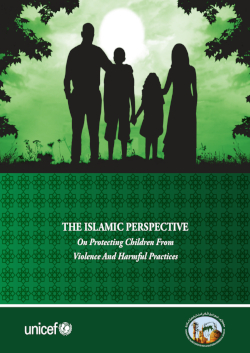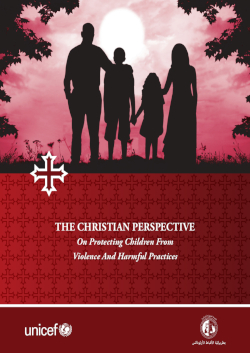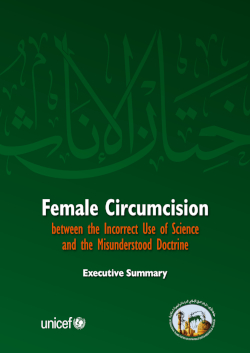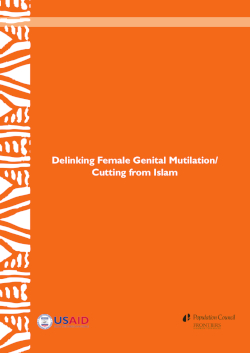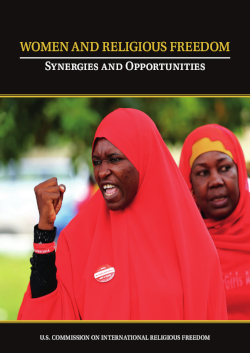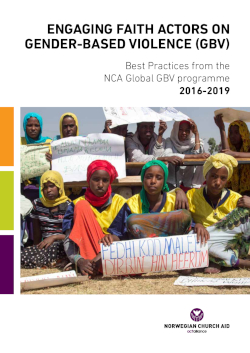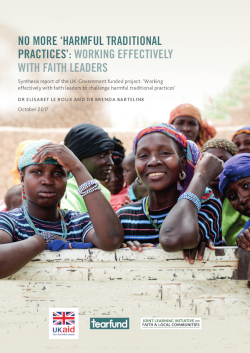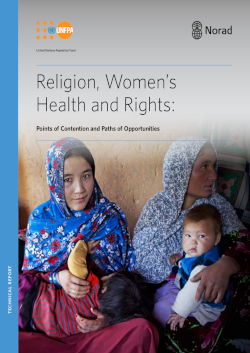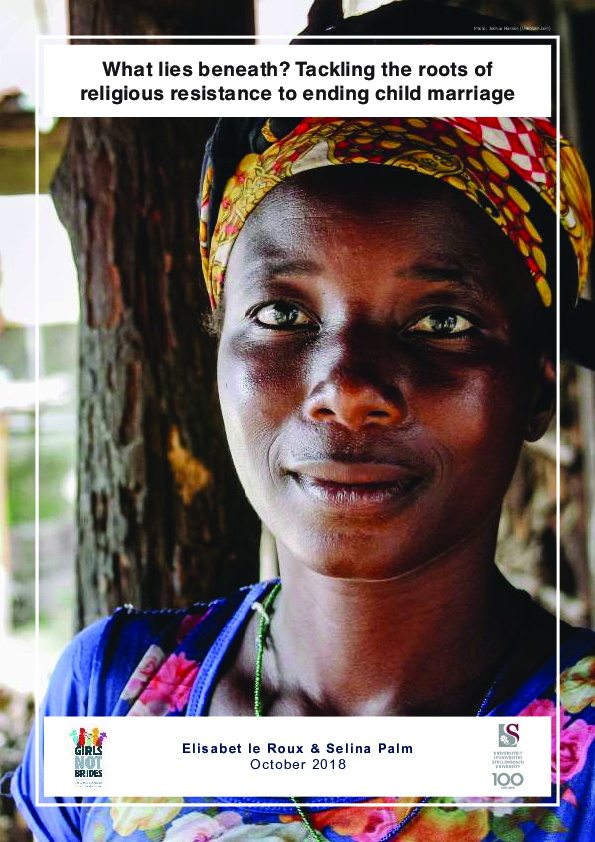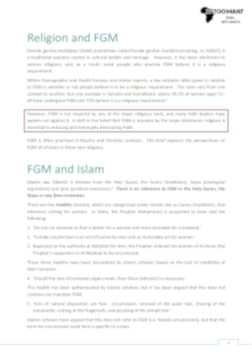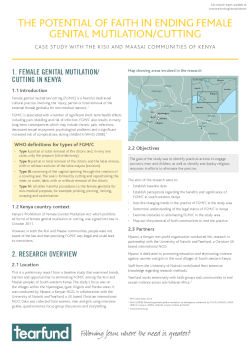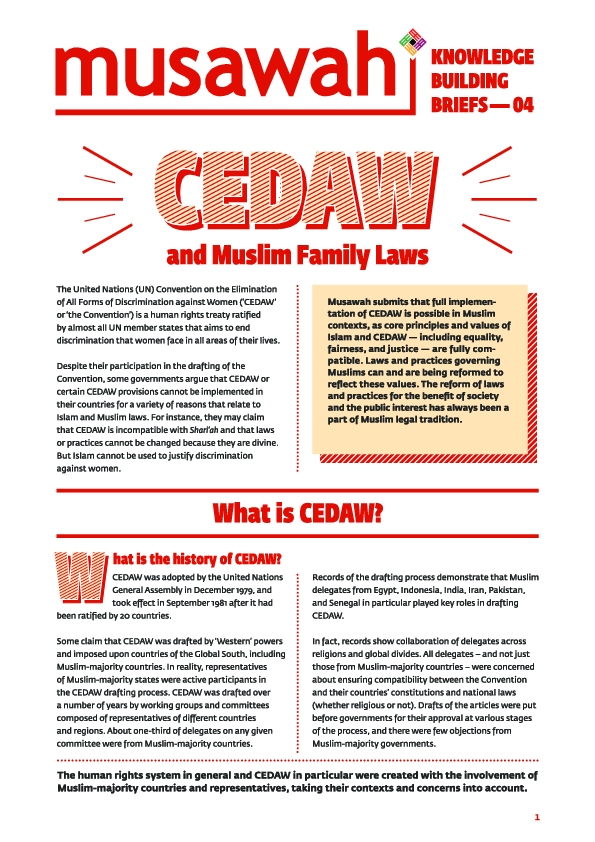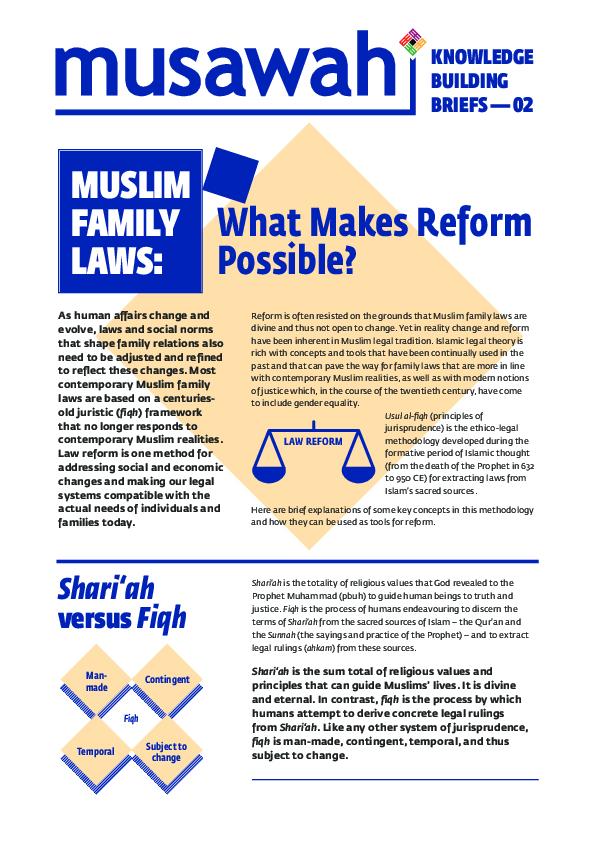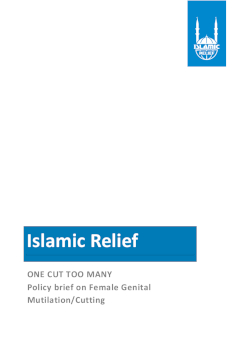Home | Research & Resources | Religion & FGM/C
Key Findings
FGM/C is an ancient traditional practice that has been taking place for over 2,000 years. It is often mistakenly believed that FGM/C should be performed for religious reasons. Both Christian and Islamic scholars have explicitly taken a stand against FGM/C, producing clear statements that it is not a religious requirement and is in opposition to the core principles of each faith.
Religious Requirement
FGM/C is NOT a requirement of any religion, however many women and girls believe that it is required of their religion.
Practising Faiths
FGM/C is practised by women and girls in ALL major religions at differing rates depending on location.
FGM and Religion
The practice of FGM/C pre-dates all major religions.
Religious Leaders
Leaders of all faiths have a critical role to play in the work to end FGM/C internationally, nationally and at a local community level.
Religiously-reinforced social norms
FGM/C is not required by any of the major religious texts, and many faith leaders have spoken out against it. However, at the community level, many people still believe that FGM/C is a religious requirement. To shift these deeply-held beliefs, local faith leaders must speak out against the practice, but this often needs to be supported by high-level statements and framing on the issue. It is essential that local faith leaders are trained on FGM/C and what each religion says about it so that they can speak out with confidence and credibility.


